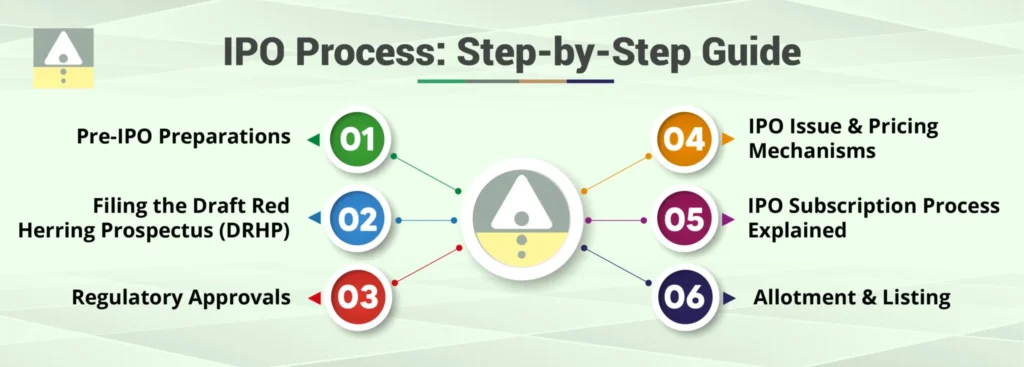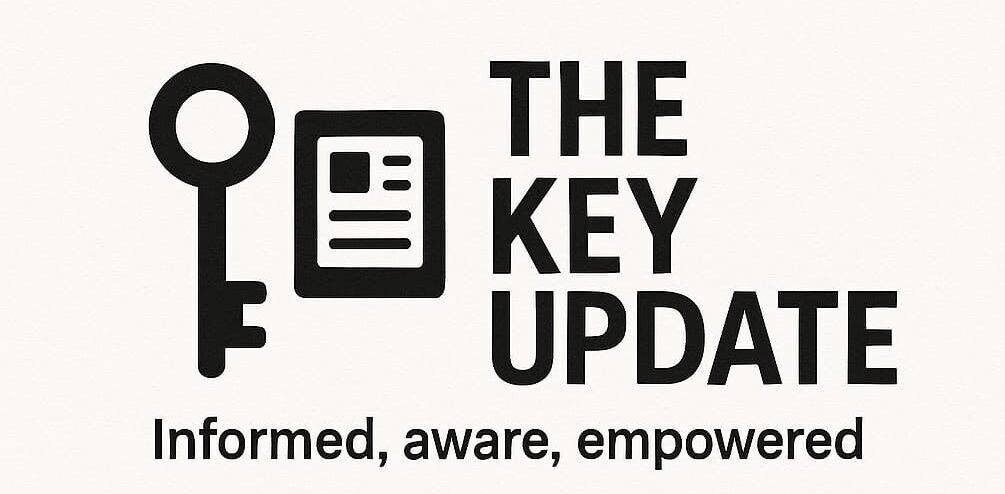Hello friends, today in a new blog we are going to study “What is the IPO full form in Finance?” sector and it is an important word in the entire finance sector. It is the lifeblood of the market. Whenever any new company gets listed or makes its debut in the stock market, IPO comes in this way. So let’s start the study and review of the new blog.
What is IPO?
In the financial sector, the IPO full form in Finance is called as “Initial Public Offering“.
IPOs have been listed on the stock market for weeks, months and years and this is an old tradition. However, if a private company wants to transfer or list as a public company, this is an option.
IPO is a term in the financial sector that means when a , private company sells its equity capital in the form of shares in the market for the first time, it is called an IPO. This process involves listing the company on a stock exchange and officially entering the stock market to raise capital.

Top 7 Points to Know About IPO Full Form in Finance!
1. IPO Full Form in Finance
An IPO (Initial Public Offering) is a process in which usually a government or private company, becomes a public company after being listed on a stock exchange and usually sells their respective equity capital to the public in the form of shares and raises money from it.
Raising money from an IPO will be done in multiple rounds as the company wants to sell their equity capital in exchange for money. This usually depends on various factors and those factors determine the premium of that particular stock in the market.
2. Why Do Companies Launch an IPO?
There are many things that need to be managed to run a company. Such as funds to expand, pay off debts or invest in growth. More solid cash is needed to expand the company’s outlets or produce more products. Debt planning to repay debts or interest or to plan for the next financial month.
Since the company needs financial support to launch new products or invest in research, marketing and many other things, the company offers to public, shares of the company in exchange for money.
3. How Does the IPO Process Work?
There are several steps to complete or boxes to tick in the IPO process, such as appointing an investment banker, filing documents with SEBI (India), pricing the shares, and setting the IPO dates.
SEBI (Securities and Exchange Board of India) is the regulatory body that governs India’s securities and capital markets. It ensures investor protection, transparency, and fair practices in IPOs and stock trading.
The investment bank approves the financial report as per the guidelines set by SEBI and goes through the verification process.
File Documentation Verification All the documents must be clear while sending the proposal to SEBI.
Determining the price of a company’s stock by considering all factors such as market demand for the company’s stock, the popularity of the product, and public sentiment towards that company.
Sets the date of the IPO and opens the IPO for public bidding. It gets a premium at the time of listing, which depends on supply and demand.
4. How Can You Apply for an IPO?
There are many platforms were present in India or global markets for investing or trading . Using that app, you can buy or sell your stocks in the stock market.
In India, there are many apps available to access investments through Zerodha, Grow , Upstox or ASBA from their bank account.
In all the processes, the minimum brokerage is charged for handling this process with investments, it is under the watch of SEBI (India) or any other country’s regulatory oversight committee.

5. Grey Market Premium (GMP) & Hype
What I discuss with Hike in the stock market about a company’s IPO listing is called the Grey Market Premium (GMP). It reflects the premium sentiment among the public, the supply-demand and the inflated prices by the public. But relying on it and predicting it is unwarranted and dangerous.
6. Positive Sentiments Around IPOs
- IPOs offer investors the opportunity to make early profits by bidding in the IPO.
- IPOs offer an opportunity to invest in promising, growing businesses with the potential to lead a market or sector.
- IPOs increase the transparency and credibility of companies, opening up their balance sheets and business models.
7. Negative Sentiments & Risks
- High IPO premuim in the stock market do not always last long. They arise due to the marketing team of the companies or due to problems in the business. So study the past of the company and plan about their future goals so that you stay safe.
- Overvaluation can cause losses to retail investors in the market; because if the share price ;lists was too high and if that particular stock or the overall market get the correction, retail investors suffer losses and very few people can handle it.
- If there is a difference between supply and demand, allocation is not guaranteed and it becomes like a game of luck for a very few people.
Want to dig deeper into financial metrics? Check out our detailed guide on EBITDA (Earnings Before Interest, Taxes, Depreciation & Amortisation) in the share market — it’s a great complement to understanding IPOs!
Explore the insights here: What Is EBITDA: Meaning in Share Market.
Recent Major IPOs in India
1. OYO IPO (Expected Late 2025)
- OYO filed for an IPO worth Rs 8,500 crore and completed all the documents and legal procedures as per SEBI guidelines.
- It is still pending due to market volatility and various impacts such as tariffs, recession, etc.
- People are expecting a listing from this company but are also concerned about profits.

2. Mamaearth IPO (November 2023)
- Raised ₹1,701 crore
- Listing at a slightly discounted rate (-2%), but will see a steady increase or growth later.
- Creating an emotion or response from the public – Strong brand. The main product was the best but the evaluation was critical .
Positive Side of IPO Investment
- This makes potential multibagger stocks available early and provides high growth.
- Maintaining transparency in all aspects of the IPO, it provides transparent financial statements after post-IPO investments in all companies.
- The liquidity available in stock exchanges makes it possible to exit easily. This helps you make quick decisions through various online apps discussed in the blog.
Negative Side of IPO Investment
- If the company doesn’t have enough money left to handle operations and everything, the profits from the speculative gains won’t be sustainable.
- The risk of having a poor financial balance or sheet and they show that they are strong in the social market through advertised marketing.
- The issue of allocation of good companies for small investors through IPO.
Conclusion: Should You Invest in an IPO?
IPOs can be a great investment opportunity if you do your research properly, but some companies come with hype and risk in the market. Understand the company’s fundamentals, financials, and valuation before investing in an IPO. Understand that an IPO is not a lottery, it’s a calculated move.
FAQs (Frequently Asked Questions)
1. What is the IPO full form in finance?
An initial public offering, or IPO, is when a private firm makes its shares available to the general public for the first time.
2. Who regulates IPOs in India?
To maintain openness and safeguard investor interests, IPOs are regulated and approved by SEBI (Securities and Exchange Board of India).
3. Is it safe to invest in an IPO?
IPOs include risks, but they can also yield substantial rewards. Before making an investment, always examine the company’s financials and business plan.
4. How can I apply for an IPO in India?
You can apply using Groww, Zerodha, or other online platforms, or you can use ASBA (Application Supported by Blocked Amount) at your bank.
5. Do I always get shares if I apply for an IPO?
No, demand determines IPO allocation. A lottery system is used for allocation if it is oversubscribed.

